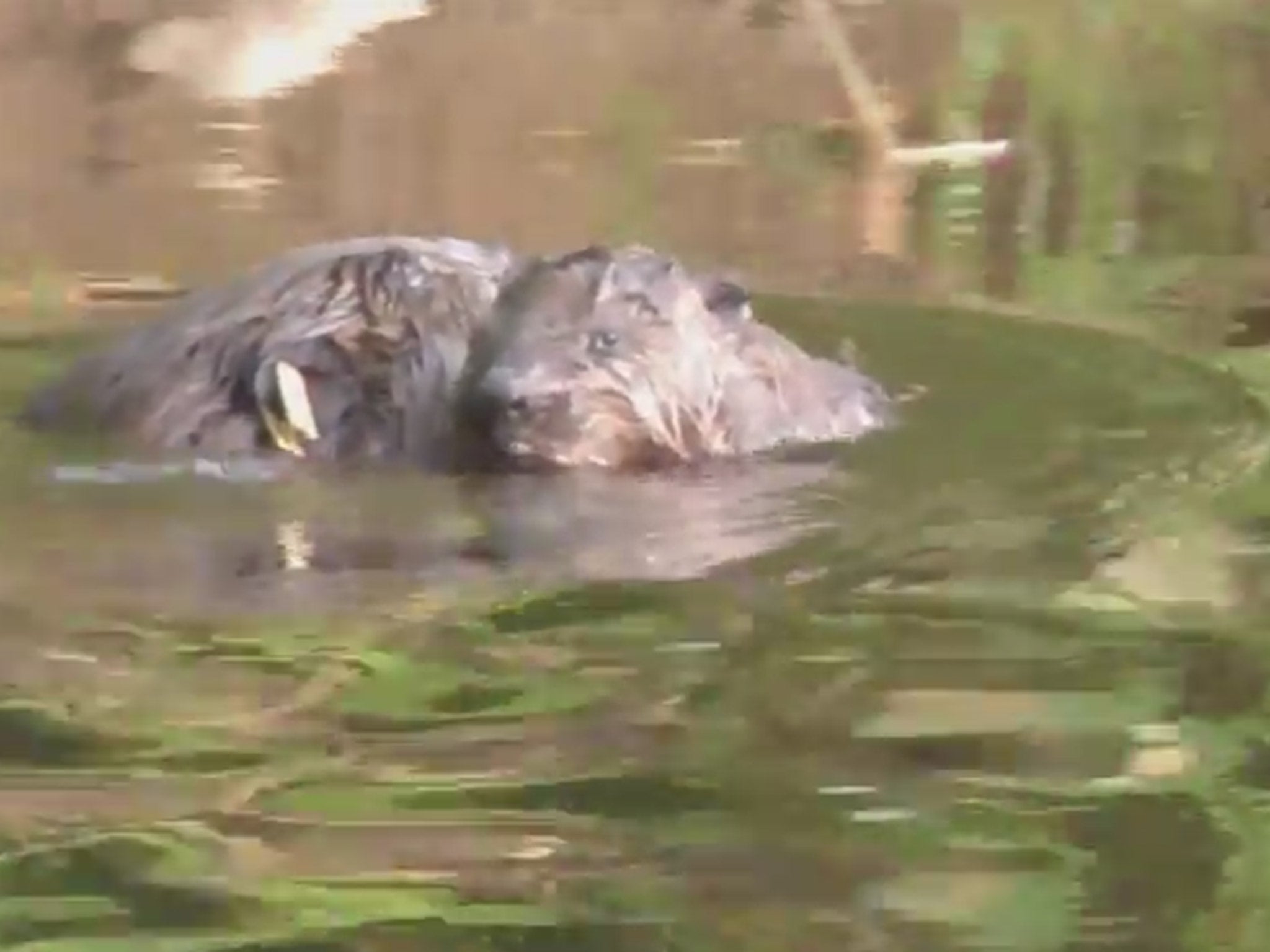Beavers are back: England's first beaver colony in centuries has young
The new born kits are part of the first wild beaver colony in England for around 400 years and is the first time that a extinct mammal has been reintroduced in England

Your support helps us to tell the story
From reproductive rights to climate change to Big Tech, The Independent is on the ground when the story is developing. Whether it's investigating the financials of Elon Musk's pro-Trump PAC or producing our latest documentary, 'The A Word', which shines a light on the American women fighting for reproductive rights, we know how important it is to parse out the facts from the messaging.
At such a critical moment in US history, we need reporters on the ground. Your donation allows us to keep sending journalists to speak to both sides of the story.
The Independent is trusted by Americans across the entire political spectrum. And unlike many other quality news outlets, we choose not to lock Americans out of our reporting and analysis with paywalls. We believe quality journalism should be available to everyone, paid for by those who can afford it.
Your support makes all the difference.England's first wild beaver colony for around 400 years has just welcomed at least two new arrivals.
One of two female beavers on the River Otter in Devon has given birth to two kits and another two could be expected.
Touching footage of the kits taking what could possibly be their first swim with their mother has been taken by retired environmental scientist and amateur wildlife camera man Tom Buckley, who according to the Herald Express had been waiting for weeks to capture the youngster’s first dip.
Buckley said: “When I saw these new born baby beavers I was totally overwhelmed and thought it must be a miracle. My first sighting of this year's new born kits was when I saw their mother swimming with one of them in her mouth to an area nearby where their father was waiting to greet them.”
“One of the kits, however, seemed extremely unhappy to be out in the big wide world and as soon as its mother let it go it rushed back to its burrow. Not surprising really - the world can be a very scary place. This was possibly their first experience of what lies outside of their burrow.”
The colony of wild beavers was first discovered living on the river in February 2014.
In summer 2014 the department for environment, food and rural affairs announced an intention to remove the beavers over fears that they could be carrying disease. Defra’s decision sparked an overwhelming response from local people, who rallied their support for the beavers to remain.
The beavers were captured to make sure they were healthy and in the process found to be pregnant, although it is not thought that the second female has given birth to her young yet.
In January 2015, Natural England granted a license to the Devon Wildlife Trust which will allow the beavers to stay in the river as part of a pilot experiment. As part of the licence the beavers will have to be brought briefly in to captivity for regular health check-ups.
The trust now believes that there are at least 11 beavers in the river, including the two babies.
Harry Barton, Chief Executive of Devon Wildlife Trust, said: "This is an historic moment. The beavers of the River Otter are the first breeding population in the English countryside for hundreds of years. We believe they can play a positive role in the landscapes of the 21st century through their ability to restore our rivers to their former glories."
"We know from our own research and research done in Europe that beavers are excellent aquatic-engineers improving the flood and drought resilience of our countryside and increasing the water quality of our rivers. They are incredibly industrious animals and their hard work has benefits for people and wildlife."
This is the first time that an extinct mammal has been re-introduced to England. Other species, for example wild boar, have become naturalised after escaping from enclosures.
Join our commenting forum
Join thought-provoking conversations, follow other Independent readers and see their replies
Comments